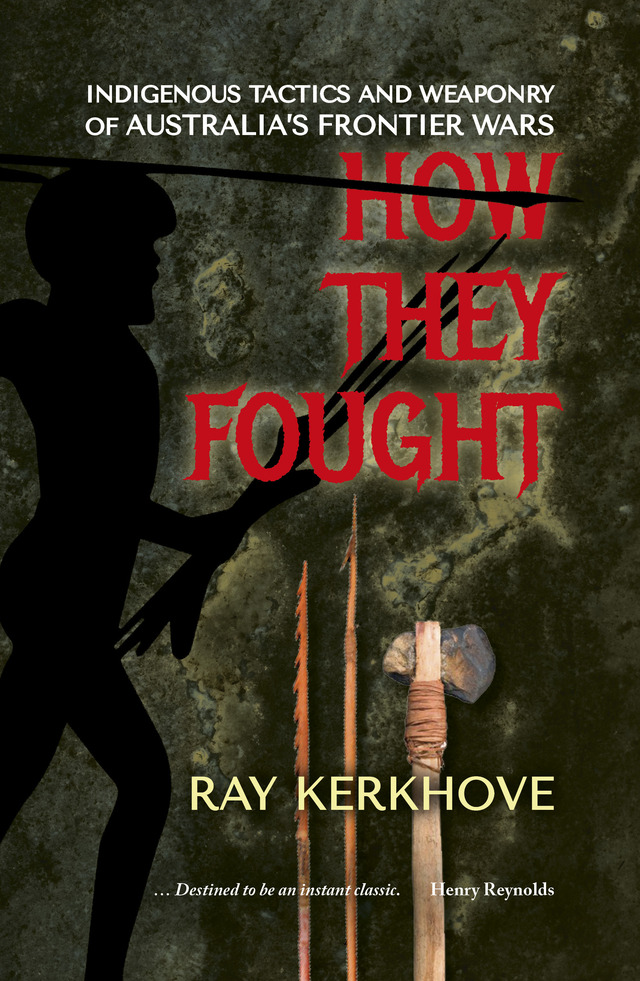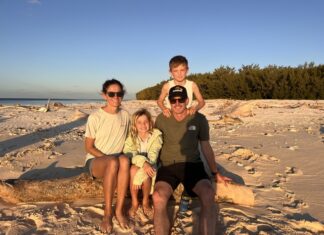Aboriginal nations, including the Kabi Kabi people in what is now Noosa Shire, were tenacious and ingenious in their defence of their homelands and people during the Frontier Wars, new historical analysis by former Noosa Library historian in residence Dr Ray Kerkhove shows.
“What many of us learned in school about First Nations people being unable or unwilling to defend their territory is just plain wrong,” Dr Kerkhove said.
“In many districts the warriors were feared and fearsome opponents who fought successfully to frustrate settler takeover of traditional lands.
“They used European and traditional weapons and methods and executed sophisticated military plans that often included economic sabotage and other guerilla tactics.”
During the early years of European settlement the area that is now Noosa Shire and the Sunshine Coast was something of a “Wild West – it was a very rough place”, Dr Kerkhove said.
“Between the 1840s and 1870s there were at least 40 clashes between settlers and Kabi Kabi and Jinibara people. A score of Europeans were killed or wounded and possibly hundreds of members of the Kabi Kabi and Jinibara peoples died in various incidents.
“This concentrated violence is shocking given that there were only a few hundred settlers in the region at this time.”
The University of Southern Queensland academic is the author of books including How They Fought: Indigenous Tactics and Weaponry of Australia’s Frontier Wars. Dr Kerkhove is giving a free public talk on his work at Noosa Library on Sunday 1 June, organised by Noosa First Nations Allies.
Noosa First Nations Allies chair Sharon Wright said her organisation arranged the free library talk as part of its work promoting truth-telling, listening to understand and healing.
“Dr Kerkhove’s work shines a light on the true history of the Frontier Wars in Noosa,” Ms Wright said.
“This is a story that needs to be told, as it speaks to the strength and resilience of First Nations peoples and the deep and enduring connection they have always held to Country.”
Dr Kerkhove said his work aimed to create a more balanced view of Australian history.
“A major challenge to the Frontier Wars being considered equivalent to our other wars is the lack of military analysis. Surprisingly little has been written about how First Nations groups organised armed resistance, what their motives were, or their usual tactics,” he said.
“To better honour the many fallen warriors, I decided to reconstruct these elements by cross-examining hundreds of individual skirmishes, and by locating forgotten First Nations explanations within the early accounts.”









